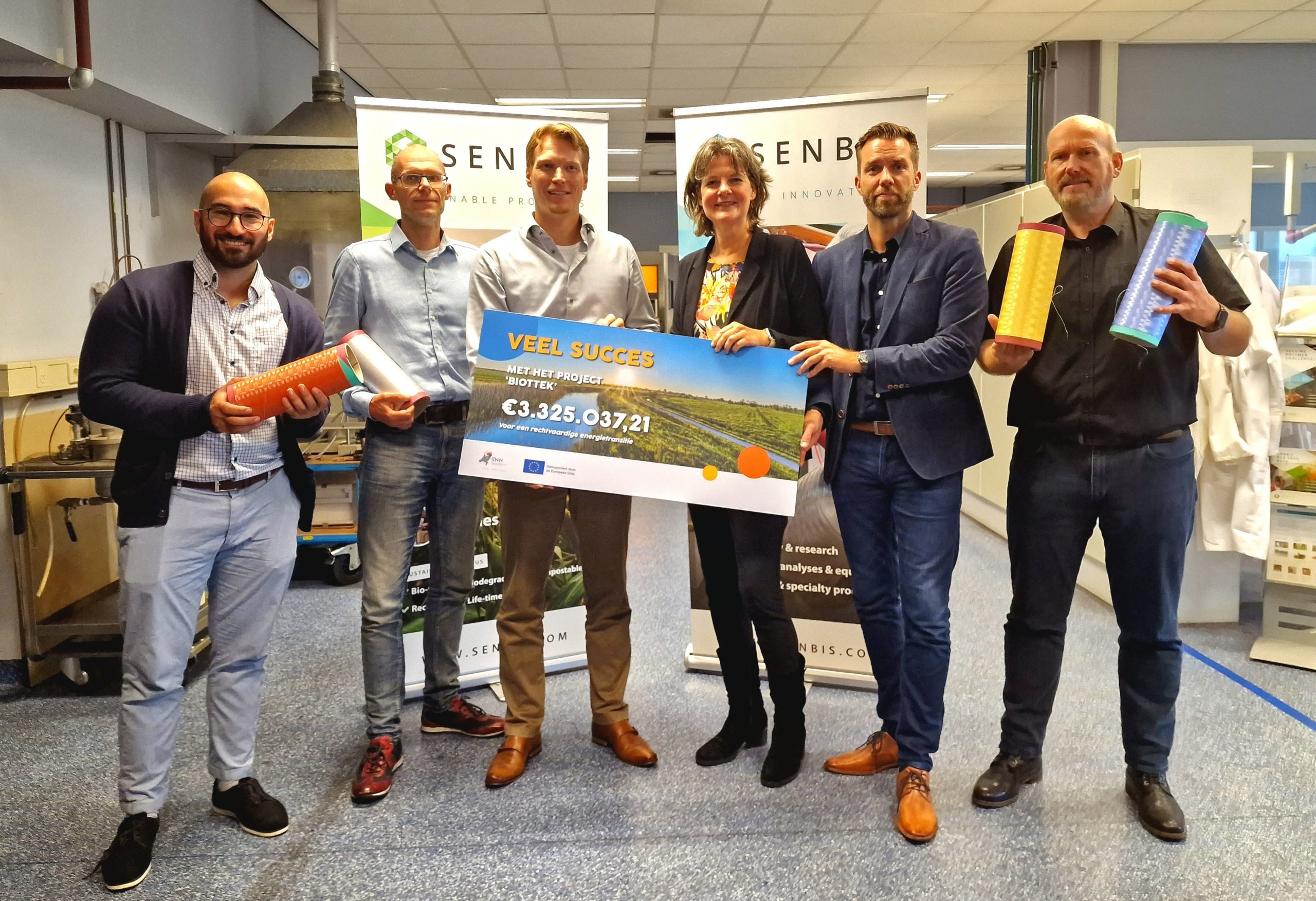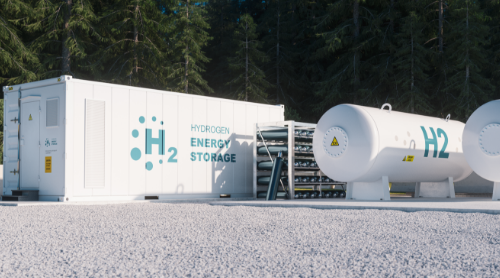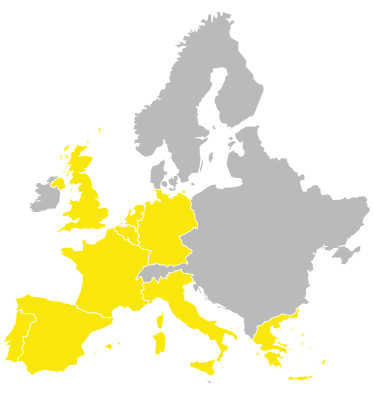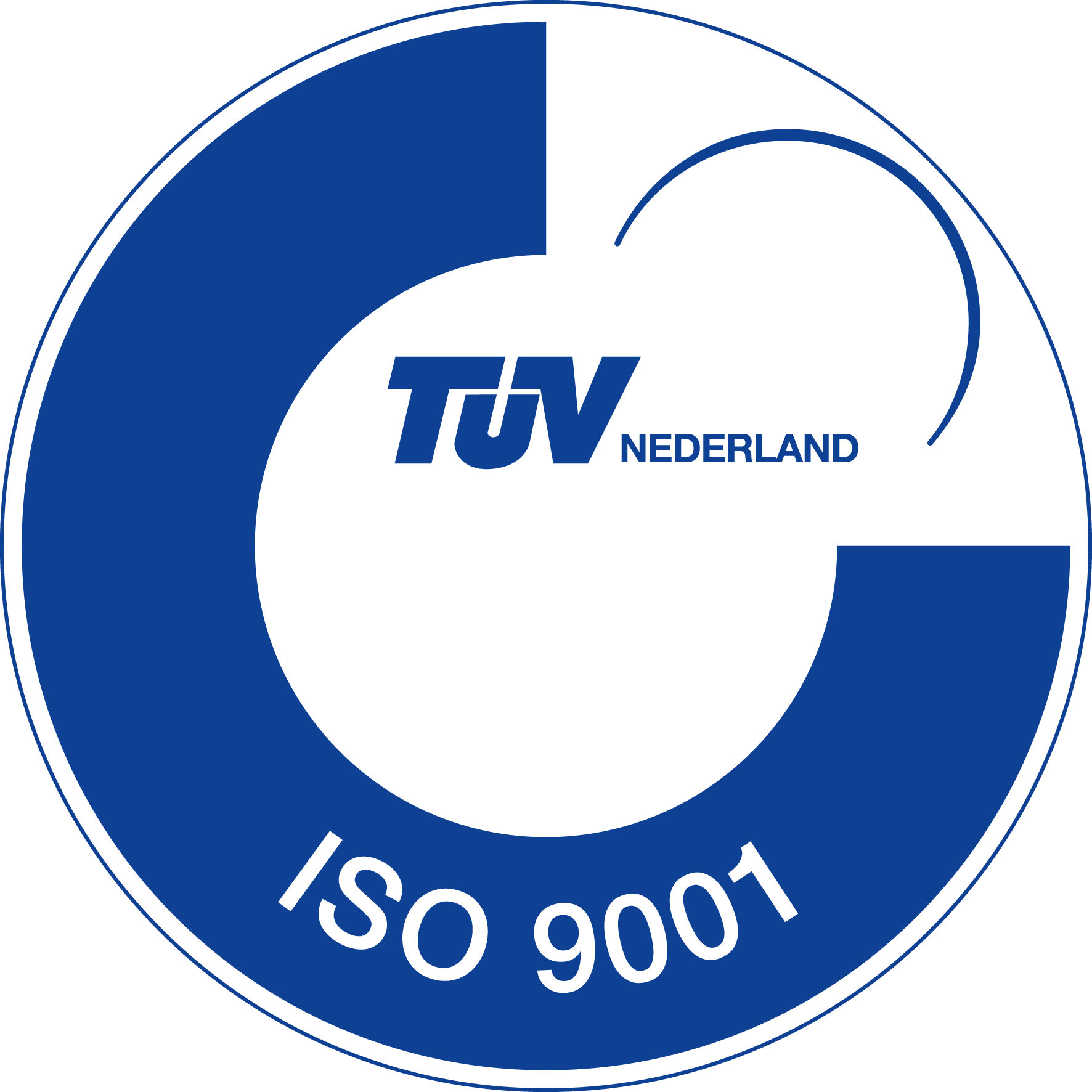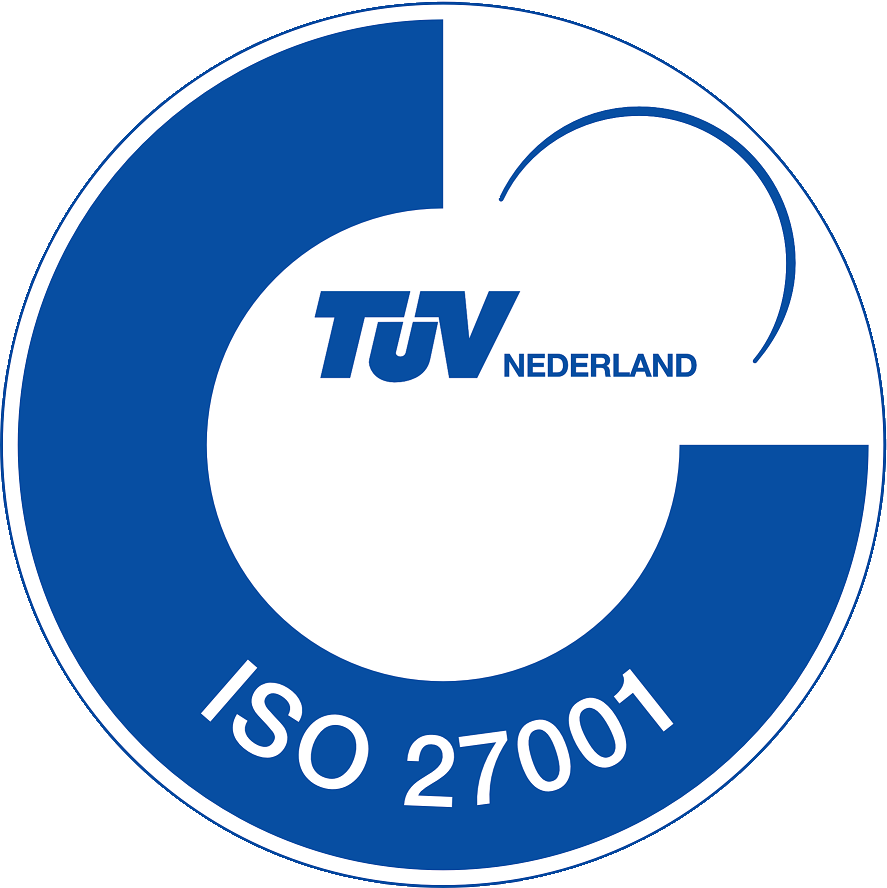Biorefinery in Delfzijl
Another good example that shows how residual flows can be used for the production of high-grade and sustainable raw materials. Raw materials that can replace the pollutants in our daily products. This time it concerns the arrival of a sustainable biorefinery plant of Cosun Beet Company in Delfzijl, in the north-east of the province of Groningen. Here, beet pulp from the sugar factory in Groningen-Vierverlaten will be converted into new vegetable raw materials. These can be used as environmentally friendly substitutes for microplastics in products such as paint, detergents, toothpaste, shampoo and make-up. Furthermore, the new plant will be fully electric, and it will of course also be good for employment in this part of the province of Groningen.
Close cooperation
The future biorefinery plant will add an innovative link to the sugar beet chain. Cosun Beet Company (formerly: Suiker Unie) did not go it alone when drawing up the plans for the plant: the company worked closely with knowledge institutions active in biobased innovations. PNO also played a role in this project. The consultants of PNO Chemistry mapped out the applicable legislation and regulations, made the necessary CO2 calculations for the new plant and investigated the grant options. Their extensive experience with large investment projects in the chemical industry came in handy. Together with the consultants of PNO’s North Netherlands team, they also advised on the economic and social embedding of the project in the region.
Groningen grant
When investigating the possibilities for realising the project, the Groningen SITI grant scheme for investment in a future-proof industry (in Dutch: Subsidieregeling Investeren in Toekomstbestendige Industrie) came into the picture. This scheme is intended for industrial companies in the province of Groningen that want to invest in green raw materials, green hydrogen, the circular economy and the electrification of business processes. In 2021, a sum of 10 million euros was available from the National Groningen Programme. PNO Chemistry saw this scheme as a great opportunity and took care of the grant application for Cosun Beet Company. That application turned out to be successful: the province of Groningen announced at the beginning of 2022 that it will provide a SITI grant of 3 million euros for this project!
A crowning achievement
Paul Mesters, CEO of Cosun Beet Company, is delighted with the province’s grant for the project. “In the past ten years, we have made a strong case for innovation. Biorefinery of sugar beet pulp is a good example. The future plant in Delfzijl is the crowning glory of all the innovative work we have done. A new step towards greening society and creating a sustainable future.”
Do you want to innovate too?
Do you have ideas for converting the residual flows from your industrial process into high-grade, sustainable raw materials? Or do you think you can contribute in some other way to the transition to a green economy? Engage PNO’s consultants to turn your ideas into a solid project plan and a successful grant application! Please feel free to contact us.



